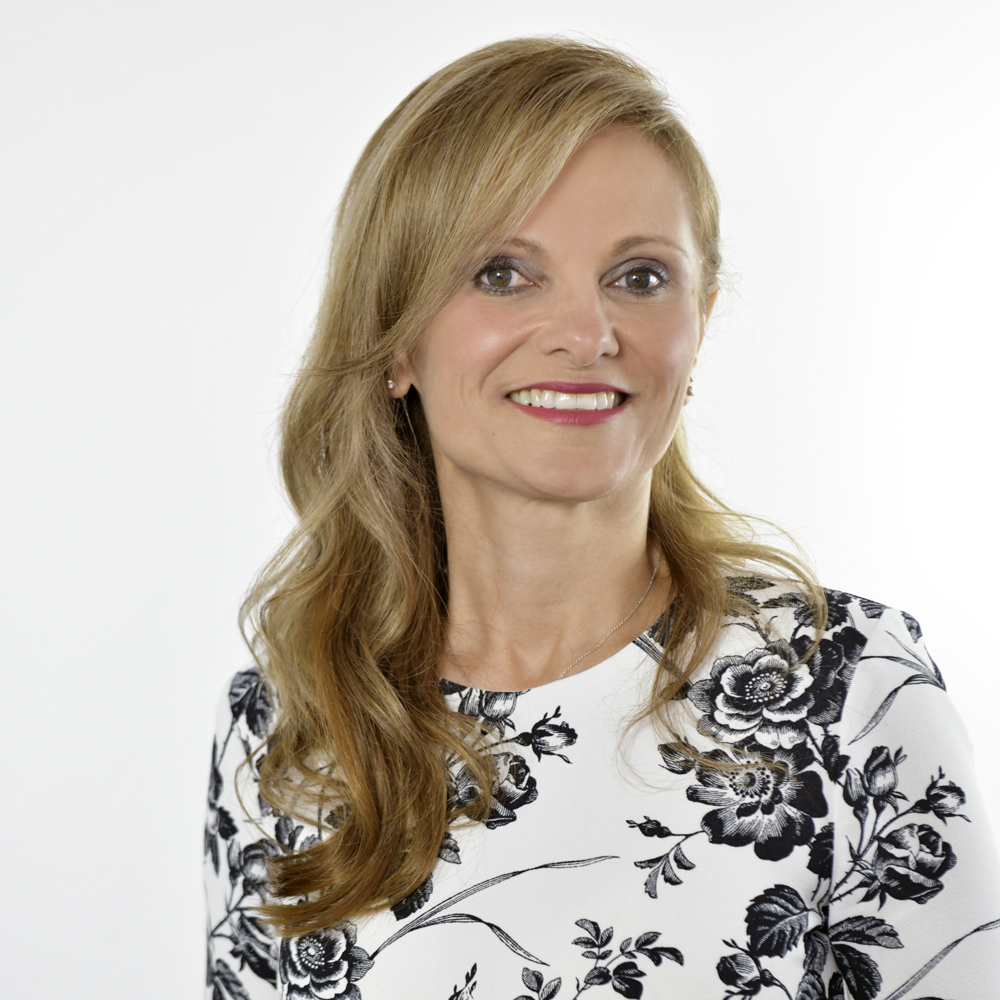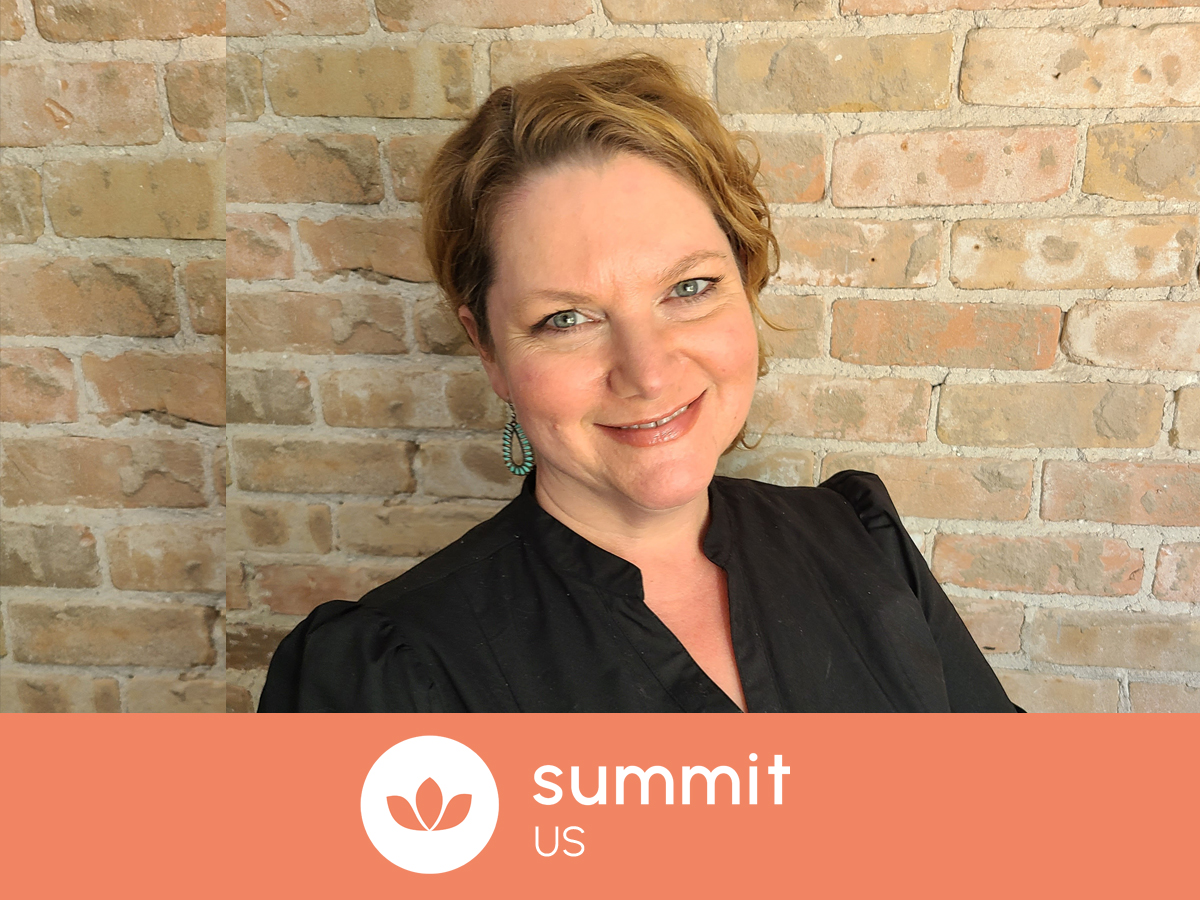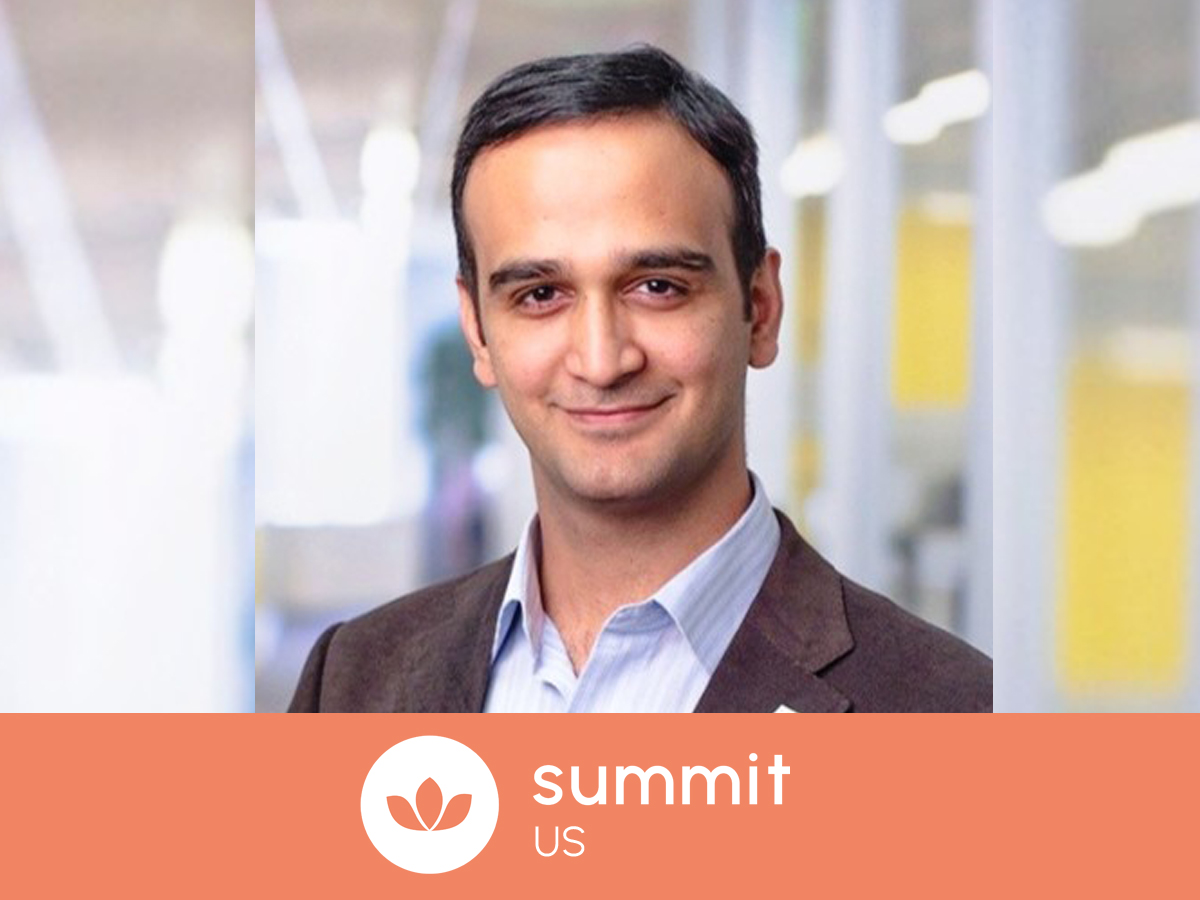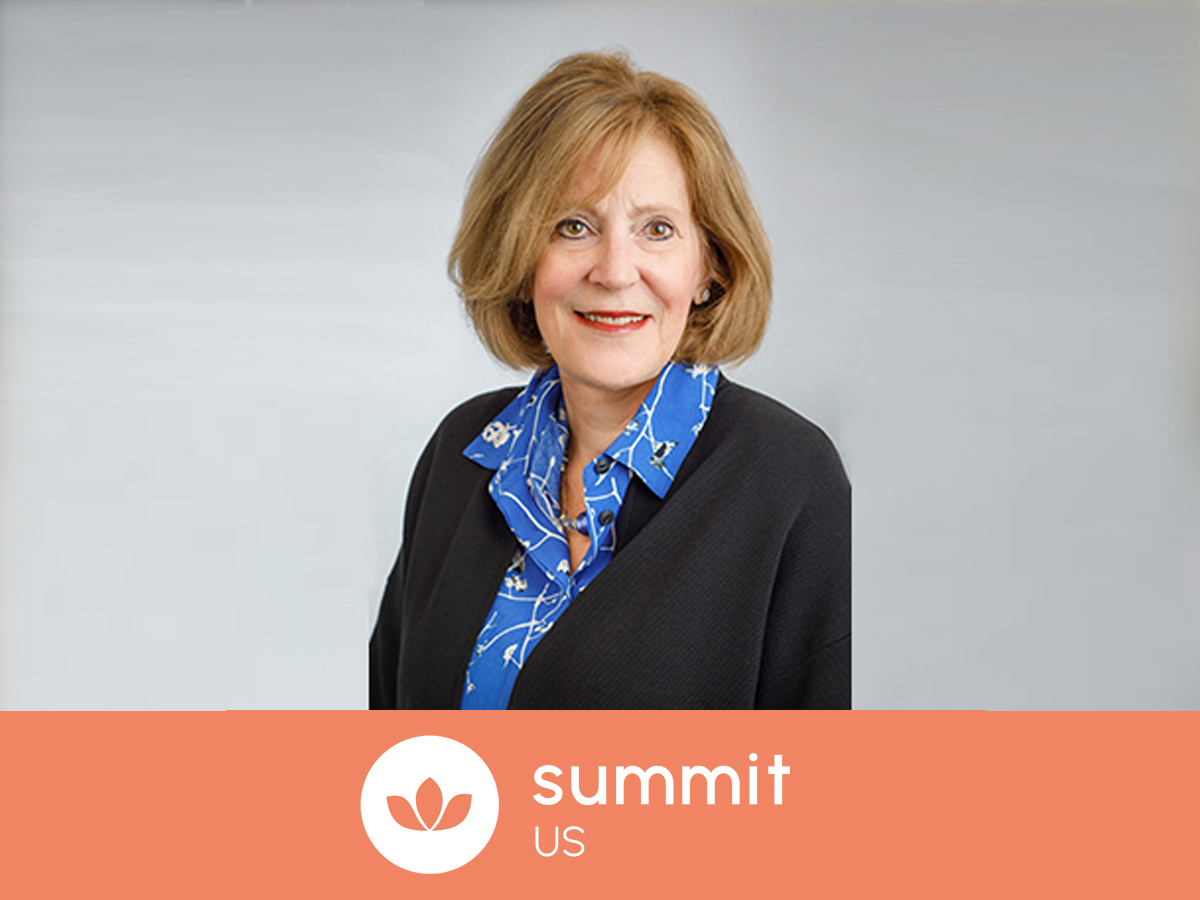
Dora has a prominent field of expertise in developing and executing HR strategies that support organizational growth and transformation, particularly within high-growth, competitive professional services and enterprise tech sectors.
Key elements of her expertise include HR leadership in high-growth and disruptive environments. She has led HR functions in global organizations, mid-sized companies, and startups/scale-ups, particularly in ICT and service-based industries. She has demonstrated success in strategic HR development and transformation, shaping HR strategies that align with organizational goals, especially in environments undergoing rapid growth or disruption. As a collaborative leader, she fosters cultures that attract, retain, and engage talent, with experience in managing large-scale transformations and employee engagement initiatives. She possesses specialized knowledge in employee relations, including interactions with the Fair Work Commission, and has a history of advising executives on strategic HR issues. Dora is active in external forums and mentorship programs and is recognized as an innovative leader in areas like flexible working, diversity, and employee value propositions.
We are delighted that Dora will be speaking in Melbourne as part of our Australia summit. We caught up with her to see how she’s feeling in the runup to the event.
Hi Dora, we are thrilled that you will be speaking at the Wellbeing at Work Australia Summit in November. Our first and most important question is, how are you doing today?
Amazing, recovering from COVID variant and back at the gym today.
As a leader based in the region, what are the main challenges you are facing when it comes to employee wellbeing and mental health?
As a Chief People Officer in Melbourne, the biggest challenges I see are reconciling post-pandemic adjustments with cost-of-living pressures, social anxiety, and rising burnout. Many organisations are pushing for rigid return-to-office mandates, yet the real challenge is balancing these pressures with the needs of a workforce that craves flexibility and support. My belief is that resilience is not built through compliance, but through authentic leadership, psychological safety, and workplaces where people feel genuinely valued.
What strategies have you seen developing over the past 6 months, both internally and externally, that are moving the dial on wellbeing in the workplace?
Over the past six months, I’ve seen a meaningful shift away from one-off wellbeing initiatives towards more systemic, embedded practices. At my organisation, we’ve prioritised clarity of roles, flexible work models, open dialogue on mental health, and genuine recognition of contributions. Externally, progressive companies are doubling down on speak-up cultures and continuous feedback, with wellbeing no longer a “program” but a cultural expectation. The organisations that are moving the dial are those treating wellbeing as a business-critical lever for engagement and performance.
Why is employee wellbeing so important to you personally?
Wellbeing matters to me because it is the foundation of trust, innovation, and sustainable performance. I’ve seen first-hand that teams can only deliver discretionary effort and creativity when they feel safe, supported, and cared for. On a personal level, I see it as a responsibility of leadership—our legacy isn’t just results on a balance sheet, but whether people thrive under our stewardship and leave stronger, more resilient, and more fulfilled than when they joined.
What impact is AI having in your organization and how are you managing that?
AI is now integral to how we operate—streamlining talent acquisition, enabling predictive analytics, and helping us design skill-centric teams. But the way we manage it matters as much as the technology itself. Our approach is deliberate and people-first: phased adoption, strong governance, bias audits, and a commitment to transparency. Just as importantly, we invest in upskilling so our people see AI as an enabler of their craft rather than a threat to it.
Other than AI, are there any challenges that you are seeing for the first time and how are you addressing them?
Beyond AI, the new challenges we’re facing in a fast-scaling technology business include keeping pace with rapid skills obsolescence, integrating diverse tech stacks post-acquisition, and managing the intensity of project-based client delivery. We’re also seeing wellbeing concerns tied to the “always-on” nature of digital work—where global clients and remote teams blur the boundaries between work and rest. For the first time, generational differences are amplifying this complexity: younger technologists (particularly Gen Z) expect purpose-driven work, flexibility, and rapid development, while senior specialists value stability, mastery, and deeper recognition of their expertise. To respond, we’re investing in digital learning academies, targeted reskilling, and leadership programs that help managers balance high performance with sustainable workload management—ensuring our people don’t just keep up with technology change, but thrive within it.
What areas do you think employers should be focused on over the next 12 months?
In the year ahead, I believe employers need to double down on five areas: building resilience, financial wellbeing education and support, meaningful recognition, hybrid flexibility, and future-focused upskilling. All of this must be underpinned by HR analytics to ensure evidence-based decisions. Those who align people strategies with broader business goals will be best positioned to retain top talent and deliver sustainable growth.
Do you feel that investment in employee wellbeing in the region is increasing or decreasing and is that a direct reflection on HR leaders’ increasing ability to demonstrate effective returns of their strategies to leadership?
Investment in wellbeing is increasing, largely because HR leaders are now better equipped to show measurable ROI. We can demonstrate that strong wellbeing strategies directly improve engagement, productivity, retention, and financial performance. Boards and executives are beginning to view wellbeing not as a cost centre, but as a strategic imperative. This is obviously coupled with the strong legislative landscape which places further accountability on organisations and individuals within organisations. These shifts in mindset are what’s accelerating momentum across the region.
How has your organisation been leading the way?
We lead by making wellbeing inseparable from culture. It’s not an initiative—it’s in our DNA. We conduct regular assessments, embed diverse voices in decision-making, and link recognition with business outcomes. We also take a cross-functional approach, ensuring wellbeing is connected to strategy, technology, and operations. Most importantly, these efforts are evident in the resilience and engagement of our people.
Dora will be speaking in Melbourn at the Wellbeing at Work Summit Australia.
Further details and tickets for the Sydney Summit can be found here.
Further details and tickets for the Melbourne Summit can be found here.



